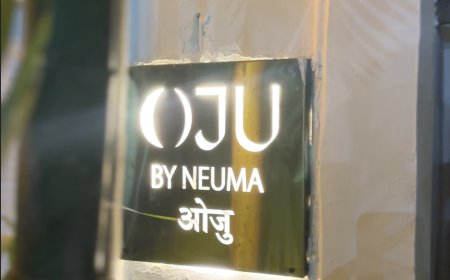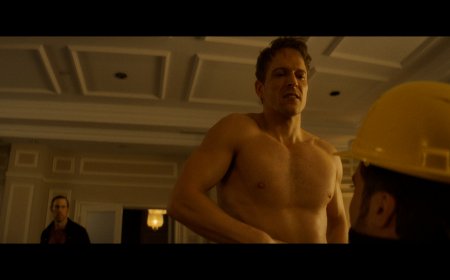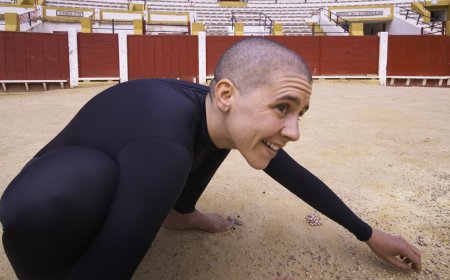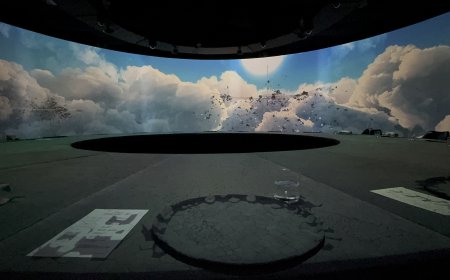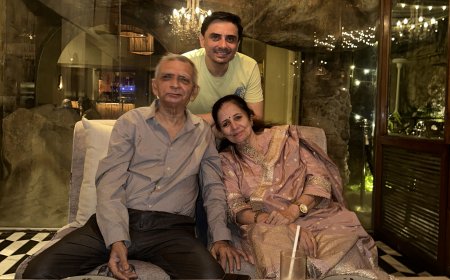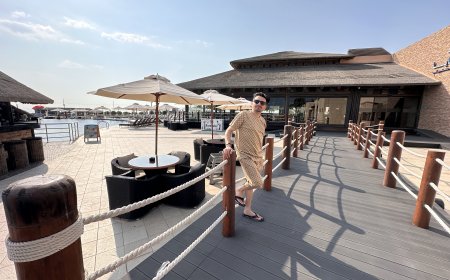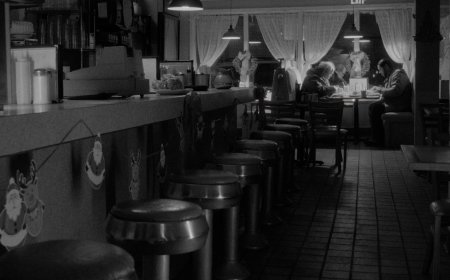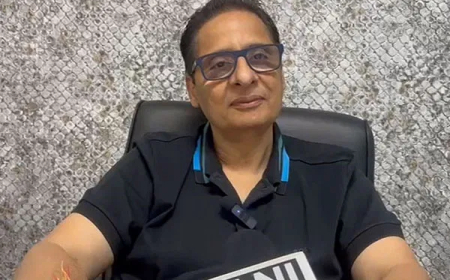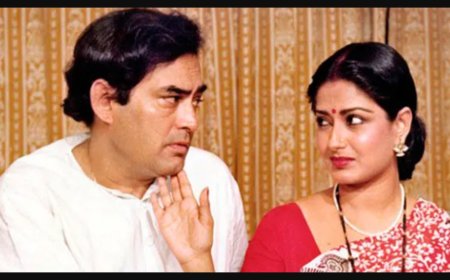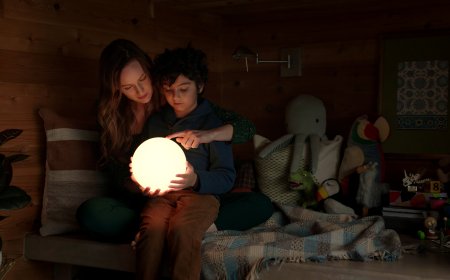A Review of ‘The Other Side of the Mountain’: A mesmerising trip into a transitioning Chinese town that is dealing with a troubled past
A young filmmaker follows her father to his childhood hometown making some startling socio-cultural discoveries.

‘The Other Side of the Mountain’: A mesmerising trip into a transitioning Chinese town that is dealing with a troubled past
Cast: Cheng He, Yumeng He
Critic’s Rating: 4 Stars out of 5
Director: Yumeng He
Duration: 19 minutes
Genre: Documentary
Language: Mandarin, Cheng-Yu dialect (with English subtitles)
Release: 2024
What’s it about?
A young filmmaker follows her father to his childhood hometown making some startling socio-cultural discoveries.
Review:
At a time when the People’s Republic of China is developing at break-neck speed, here is a sentimental documentary short about a middle-aged artist and his filmmaker daughter visiting the town of his youth. The journey through Chongqing in China’s hilly southwest aids the duo in understanding a mystifying and obscure past which has undergone much physical and cultural change. Narrated with stunning cinematography, profound dialogue and voice-over as well as atmospheric sounds and imagery, this film provides a portal into China’s turbulent history of the mid-1960s and its perplexing transformation since.

The male protagonist Cheng He has a surrealistic experience about the old family tenement where he grew up. He wonders if his aging mother is game to make a trip to the place, but her frail condition deters her from embarking on such an adventure. Succumbing to overwhelming curiosity and goaded on by robust nostalgia, Cheng leaves for the place of his childhood with his progeny Yumeng Che documenting this historic expedition. With the aid of mobile phone-generated navigation, he stumbles through the location of his past which has undergone tremendous change. Familiar old roads and passageways have made way for relentless redevelopment, while dilapidated archaic buildings await inevitable demolition.

Cheng uses the magic of his cell phone’s video call to help his mother engage remotely with surviving friends from decades prior. He also gives into his artistic instinct by sketching images gleaned from fading memories and the fascinating new surroundings. As he and his daughter venture through Chongqing, he strikes up conversations with several locals across age groups in an attempt to grasp the town’s strange evolution of character and to come to terms with it. Caught between decay and development lies the fading ghost of the tumultuous Cultural Revolution, while a bus tour leads father and child into the mysterious and hallowed Third Front Construction site.

This film explores how three generations of Chinese view a peculiar period in their nation’s history and how they are inclined to react to it. The visuals are simply hypnotic, replete with close-ups, long shots, slow revealing pans and abstract captures – each conveying a story. This superlative celluloid project also has something to say about the simplicity and intimacy of small dwellings giving way to the complexity of urbanisation and the awkward world in between. There is also an overpowering shot of open green fields with a row of high-rises making for a foreboding backdrop.

Yumeng Che takes the audience on a metaphysical and multi-dimensional trek into the heart of her Dad’s and Grandma’s hometown of yore. Can she and her father truly relive the essence of a bygone era? Or is that exclusively the domain of their elderly matriarch? The present human experience is one of constant recording, but is the documenting of a significant past vulnerable to erasure? These themes are addressed in meaningful conversation which is juxtaposed with fitting motifs. It is for the viewer to discern whether the survivors of a vigorous past are over the hill, or whether we will find them thriving on… The Other Side of the Mountain.
